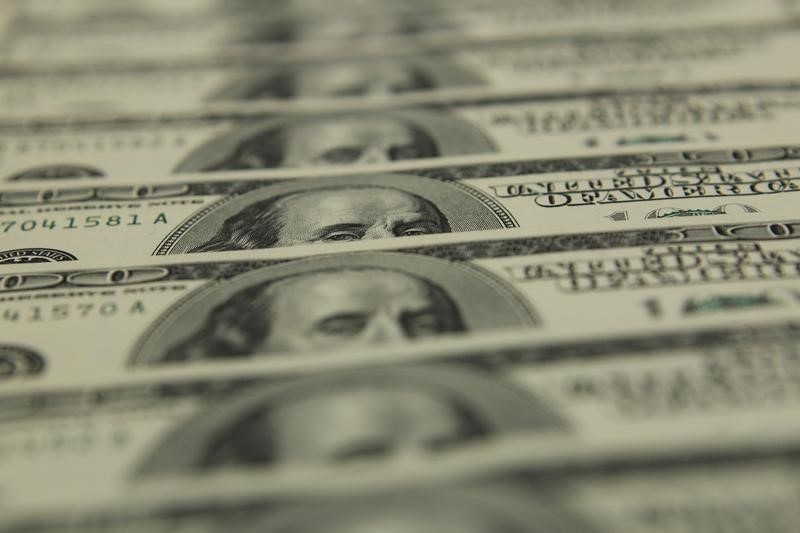* Fed minutes show some policy makers wary of soft inflation
* Diminishing U.S. rate hike bets boost rival "high-yielders"
* Dollar also hurt by shuttering of Trump's business councils
By Hideyuki Sano
TOKYO, Aug 17 (Reuters) - The U.S. dollar was on the defensive on Thursday after the minutes from the Federal Reserve's last policy meeting showed policymakers were increasingly wary of recent softness in inflation and could delay a rate hike.
The readout of the July 25-26 meeting showed some members called for halting interest rate hikes until it was clear the inflation trend was transitory, but it also indicated the Fed was poised to begin reducing its $4.2 trillion portfolio of bonds. euro EUR= traded at $1.1771, having gained 0.3 percent the previous day and recovering from low of $1.1681, its lowest level in nearly three weeks.
The dollar also stepped back to 110.01 yen JPY= from Wednesday's high of 110.95. The dollar's index against a basket of six major currencies .DXY =USD slipped to 93.46 from Wednesday's three-week high of 94.145.
"There's no change in market expectations that the Fed will announce the start of balance sheet reduction in September. But markets think there's risk to the scenario of a rate hike in December," said Shunsuke Yamada, chief Japan FX strategist at Bank of America Merrill Lynch (NYSE:BAC).
Money market futures FFF8 are pricing in about a 40 percent chance the Fed will raise rates by December, compared to just under 50 percent before the Fed's minutes.
The dollar's diminishing rate hike prospects gave a big boost to other major currencies that compete with the dollar for yield attraction.
The Canadian dollar CAD=D4 had gained more than 1 percent on Wednesday and last stood at C$1.2622 to the dollar, near its highest level in almost two weeks.
The Australian dollar AUD=D4 rose 1.3 percent, its biggest daily gain in about a month, on Wednesday and last stood at $0.7933, having erased its losses in the past week or so.
The U.S. dollar was also undermined by worries over U.S. President Donald Trump's ability to implement his economic policies after he disbanded two high-profile business advisory councils. move came after several chief executives quit in protest over his remarks blaming weekend violence in Virginia not only on white nationalists but also on anti-racism activists who opposed them.
"I would expect more U.S. political risks in September as the debt ceiling issue will be coming up. We could see more volatilities in markets," said Merrill's Yamada.
The Congressional Budget Office has said U.S. lawmakers need to raise the debt ceiling by mid-October to avoid defaulting on debt payments.
